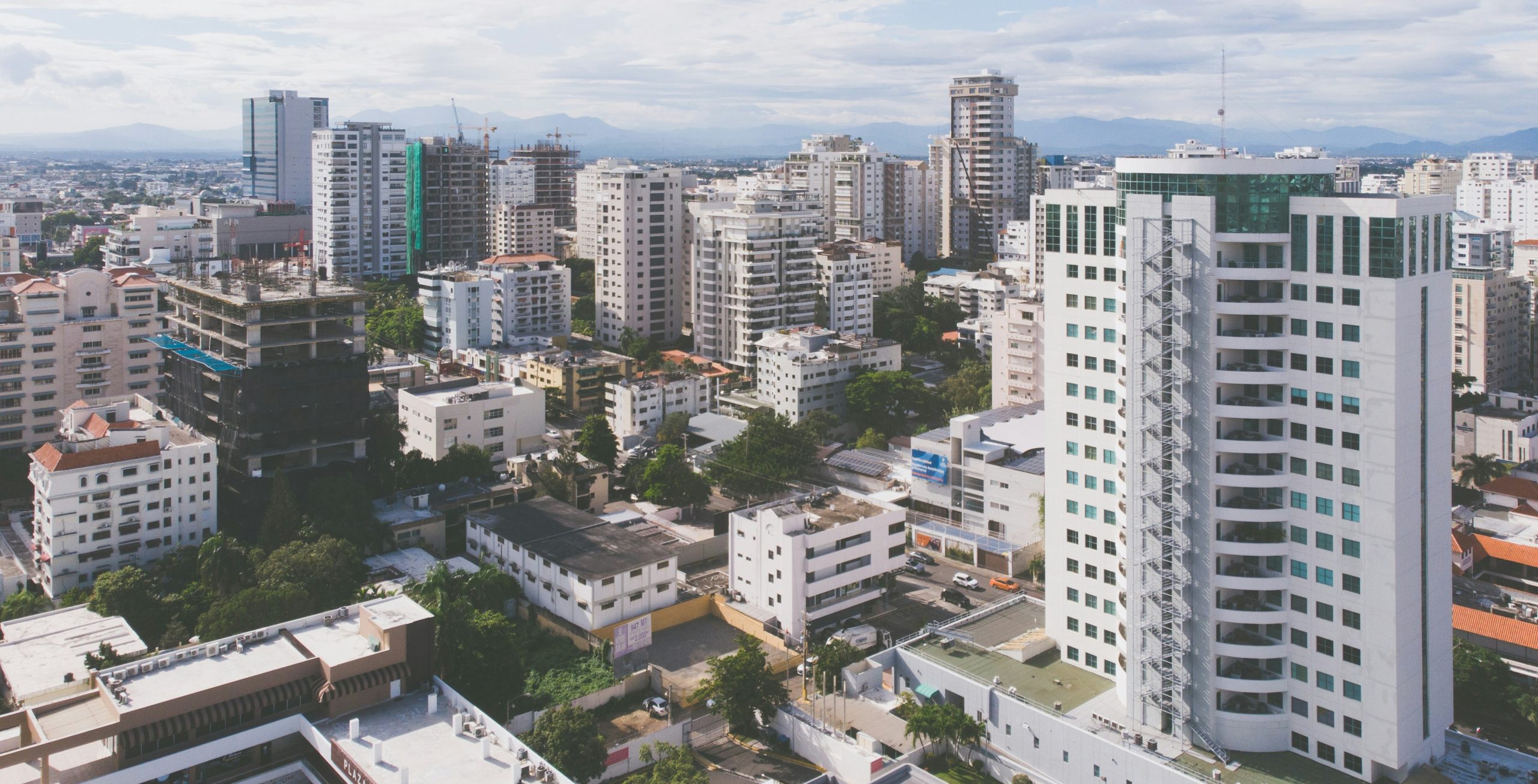The Dominican Republic has emerged as a regional leader in economic performance and social development, according to a recent report by the Economic Commission for Latin America and the Caribbean (ECLAC). Over the past decade, the country has maintained an impressive average economic growth rate of 5%, significantly outpacing the regional average. This robust growth has been accompanied by substantial reductions in poverty, with the poverty rate dropping to 18.2% and extreme poverty to 4.9%. Additionally, the Dominican Republic achieved the lowest inequality index in Latin America, with a Gini coefficient of 0.39 by 2023.
The findings were detailed in the ECLAC report titled ‘Strengthening Protection to Eradicate Poverty and Advance Towards Inclusive Social Development in the Dominican Republic,’ which was presented to President Luis Abinader. Alberto Arenas de Mesa, Director of ECLAC’s Social Development Division, outlined three key policy priorities for the country: expanding and modernizing the social protection system, promoting labor inclusion for women, youth, and informal workers, and strengthening social institutions through comprehensive legislation and enhanced intersectoral coordination.
Dominican economic authorities project continued growth, with national GDP expected to increase by 3.5% this year, followed by a 5% rise in 2024. These projections solidify the Dominican Republic’s position as the largest economy in the Caribbean and the seventh-largest in Latin America. The country’s sustained economic momentum and commitment to inclusive development serve as a model for the region.
